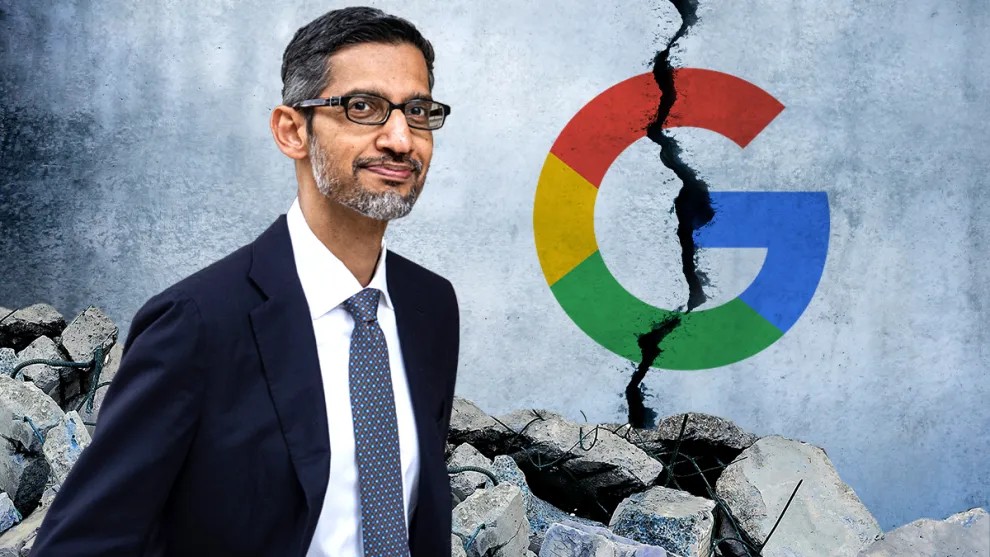
SpecialtyNetworkSllc – Google has been ordered to share its search data with competitors after a major antitrust ruling. The decision, issued by Judge Amit Mehta in Washington on September 2, 2025, is meant to create a fairer competitive landscape. It marks one of the most significant legal challenges to the tech giant in recent years.
Earlier, regulators considered forcing Google to sell its Chrome browser to curb monopoly power. However, Judge Mehta chose a different approach. Instead of breaking up Google, he directed the company to share search data with rivals, especially in the emerging AI sector.
This move spares Google from losing core products like Chrome or Android. Yet, it still reflects regulators’ determination to check the company’s dominance.
“Read More : Lisbon Tram Derails, 15 Dead and 18 Injured”
According to Reuters, AI startups may benefit the most from this ruling. Access to Google’s search data could help them train models and build tools that compete more directly with Google Search.
Still, experts caution that data alone is not enough. Competing with Google requires massive infrastructure, huge funding, and user adoption. Even with data access, convincing people to leave Google may be extremely difficult.
Judge Mehta noted that the rise of generative AI has already begun to change how people find information. Millions now rely on ChatGPT, Perplexity, and Claude for quick answers, reducing dependence on traditional search engines.
“The emergence of GenAI has changed the trajectory of this case,” Mehta wrote. By enforcing data sharing, regulators hope to lower barriers for rivals to build alternatives. This could accelerate the move toward AI-driven search.
The ruling does not affect Google’s current distribution deals. The company can still pay partners like Apple to remain the default search engine on their devices. However, forcing Google to share its data reduces entry barriers for competitors.
AI-focused startups could now test and expand their tools faster. Even so, analysts argue the real long-term threat comes from AI platforms themselves. These tools are reshaping how people search for information, and that change may prove more disruptive than any court ruling.
For now, Google’s parent company Alphabet remains strong. Investors see little immediate danger since building a real alternative to Google Search will take years. Still, the ruling highlights growing global pressure on Google to face more competition in the age of AI.